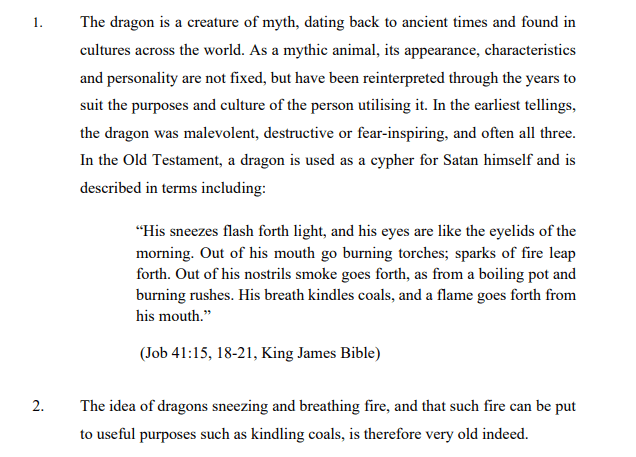Prince Harry’s ongoing legal battle with the Home Office has ignited a heated discussion among royal experts.
The dispute revolves around the cost of his UK security, with taxpayers potentially footing a bill of up to a million pounds.
Currently, Harry is in the High Court for a three-day judicial review of the scaling back of his protection in Britain.
Di Davies, the former head of security for the royal family, predicts that this court case will ultimately cost taxpayers around a million pounds.
Speaking on GB News, Davies clarified that Harry already receives protection whenever he is in the UK and engaged in royal matters as a prince.
However, his desire is to have armed protection during his visits, a request he has made for several years.
While Harry brings his own security teams, they are not armed, although many of them are former royalty protection officers.
Davies assured viewers that if there is any threat or issue, Harry will be provided with the protection he seeks.
Ultimately, this controversy is brewing over a relatively small matter and will come at a considerable cost to taxpayers.
Davies believes the decision to reduce Harry’s security is reasonable, given his decision to step back from his royal duties nearly four years ago.
As a result, he is no longer a working royal.
Davies emphasizes that the threat level and evidence must be taken into account, regardless of Harry’s status.
Unfortunately, Harry’s behavior in recent years has increased his own risk.
His inability to keep quiet often leads to conflicting versions of the truth, which adds to the complexity of the situation.
Royal biographer Angela Levin has also criticized Harry amidst his legal battle with the Home Office over police protection.
Levin points out that Harry seems to still carry an entitlement mentality from his previous position within the royal family.
However, he fails to recognize that he is no longer on the same level as before.
While Harry desires round-the-clock protection from top policemen, the opposing side argues that he should only be protected during events related to the royal family.
If Harry engages in disrespectful behavior towards the royal family or spends time with friends, he should not receive protection.
He has the option to arrange his own security and cover the costs, but he insists on having top-notch protection.
Allowing Harry’s demands to be met could set a precedent where various individuals, such as heads of companies or foreign visitors, also request similar security measures.
This could potentially deplete the availability of protection officers for the general public.
Levin adds that while Harry can acquire good protection officers, he cannot expect to receive the best.
The authorities possess superior intelligence and are aware of potential threats.
She believes that Harry can no longer claim entitlement to the highest level of intelligence.
Moreover, she highlights the financial burden that separate protection officers for Harry, Meghan, and their children would place on taxpayers.
It is unlikely that they desire such an arrangement.
Historian and broadcaster Raphael Del Manque strongly criticizes Harry, stating that the crux of this case lies in Harry’s belief that he is entitled to the privileges of royalty without fulfilling the associated obligations and responsibilities.
Del Manque also notes the unprecedented nature of Prince Harry taking legal action against his father’s government.
The ongoing legal battle between Prince Harry and the Home Office continues to captivate royal experts and the public alike.
The outcome of this case will undoubtedly shape future discussions around the balance between personal security and public expenditure.
